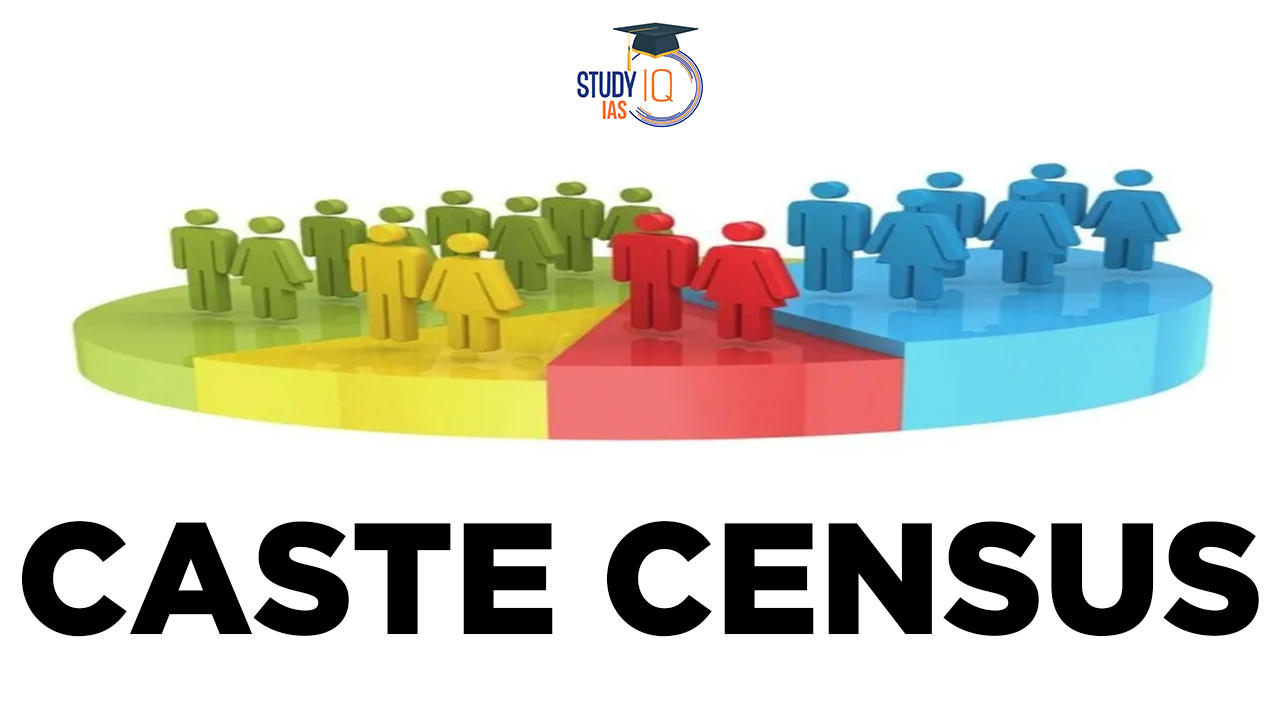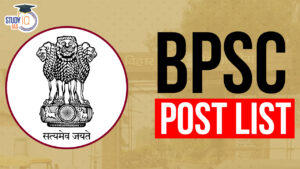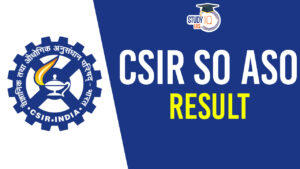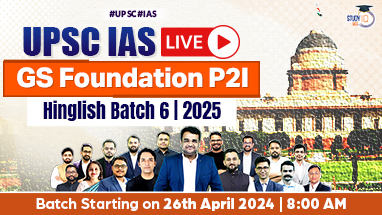Table of Contents
Context: A leader of the opposition has once again re-iterated his demand for caste-based census.
Caste as an Important Discourse Setter
- Influence decision-making: The policies and decisions must reflect social diversity. People belonging to one homogenous group, upholds the interests of that particular group.
- Determines livelihood outcomes: A person’s future livelihood will most-likely be determined by the caste he/she is born into. The chances of a better livelihood opportunity for higher caste people are very high.
- Political representation: There is a belief that political representation of the current day does not reflect caste diversity. People belonging to SC/ST/OBC do not have much political representation.
- Educational attainment: Since education is the stepping stone to success, inability of backward groups to obtain quality education is likely to play a role in chances of future success of the individual.

What will be the role played by Caste-Census?
- Data about share of the population: Caste census will provide the data on the population of different castes and their presence in various sectors.
- This will also provide data on income, education, health, and social mobility of various castes, which will act as a foundation for any new social justice programme.
- Identifying marginalized groups: Caste census allows collection of socio-economic status along with their caste. This helps identify marginalized caste groups.
- Sub-categorization of quota: The data from caste census can be used in sub-categorization of existing reservation quotas in education and jobs.

Way Forward
- Increasing reservation quota is unlikely to solve the problem of underrepresentation of backward groups as lack of data will hamper informed decision-making.
- Confining ourselves to the framework of reservation and affirmative actions as plausible solutions for caste inequalities is short-sighted.
- An open, vibrant public debate and discourse will help in obtaining creative solutions for the Indian context. For that detailed information will be needed, which will be provided by caste census.
Caste Census in India
- Caste census in India began in 1871 during the colonial rule. However, the practice was discontinued after the 1931 Census.
- The Socio-Economic Caste Census (SECC) 2011 was the first such caste census after the 1931.
- The SECC was not conducted under the 1948 Census of India Act as the disclosure of information was not mandatory.
Government’s Position
- Data accuracy: The Union governments have categorically stated that data collected through caste census are not completely accurate, making them unsuitable for use in policymaking.
- Administrative difficulty: Adding caste data in census process will further create complexities in census process. This is another reason for its non-inclusion.


 First IAS Officer of India Satyendranath...
First IAS Officer of India Satyendranath...
 BPSC Post List 2024, Check out Salary Wi...
BPSC Post List 2024, Check out Salary Wi...
 CSIR SO ASO Result 2024 Expected Soon, C...
CSIR SO ASO Result 2024 Expected Soon, C...

















